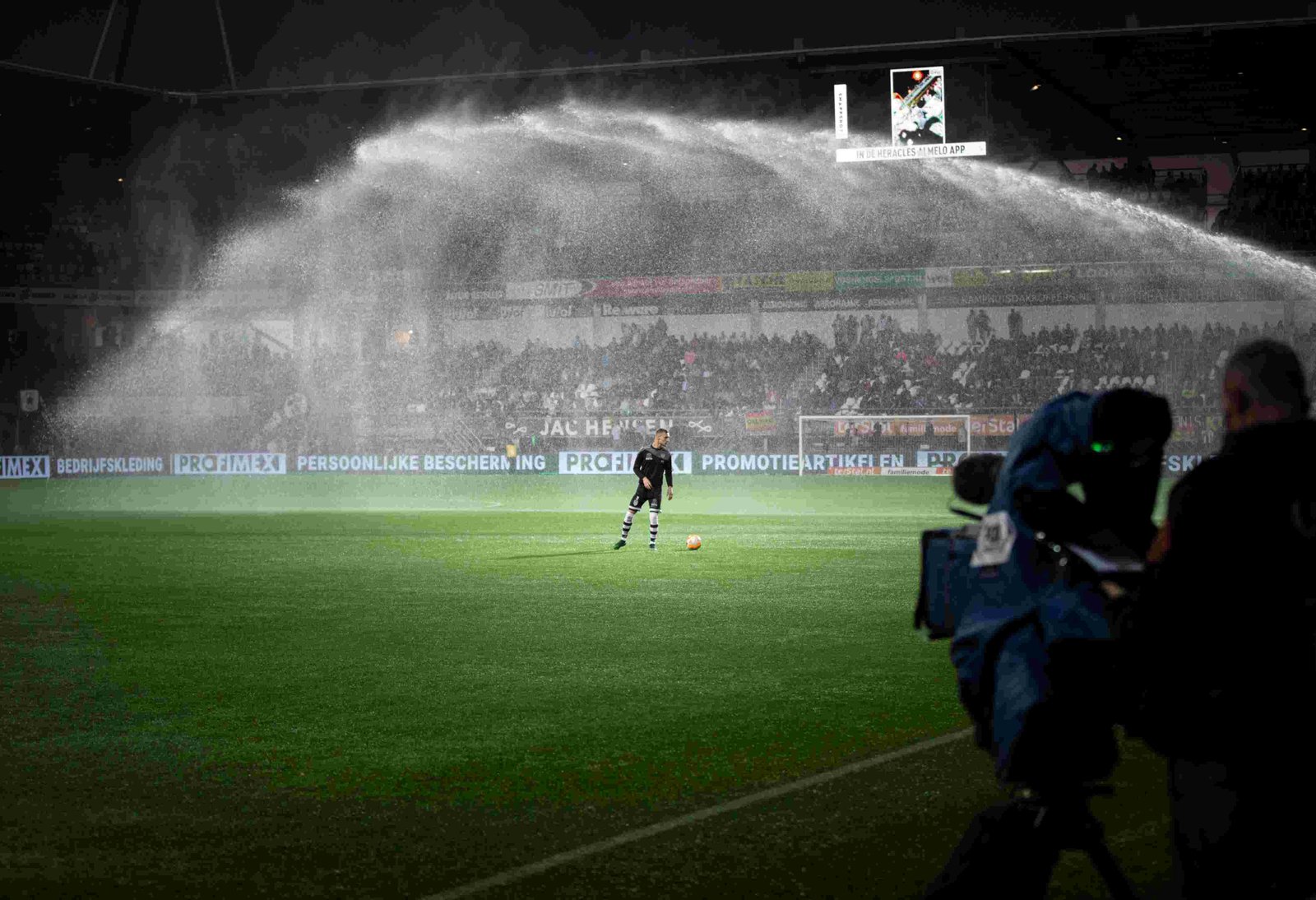Sports injuries can range from minor strains and sprains to more serious conditions like fractures and ligament tears. Some of the most common sports injuries treated by physiotherapists include:
The Role of a Sports Physiotherapist
Sports physiotherapists play a crucial role in the management of sports injuries and the enhancement of athletic performance. Their responsibilities include:

Sports physiotherapy offers numerous benefits for athletes of all levels:
The Importance of Choosing the Right Sports Physiotherapist
When selecting a sports physiotherapist, it's important to consider the following factors:
By working closely with a qualified sports physiotherapist, athletes can optimize their performance, minimize the risk of injury, and enjoy a long and fulfilling athletic career.

By addressing these additional factors, sports physiotherapists can provide comprehensive care to athletes and help them achieve their full potential.




